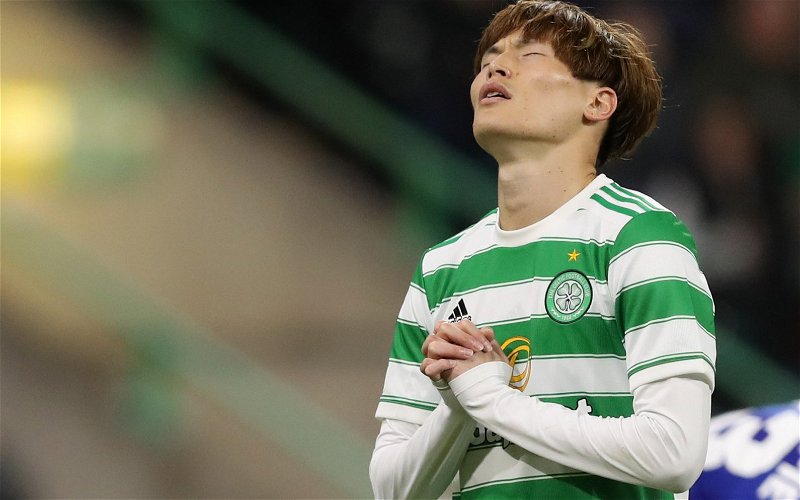The February game is some ways away yet and a lot can happen between now and that, but one thing which some might expect to happen isn’t necessarily going to.
The Japanese government – which has taken a weird position in relation to their national team – might not grant the manager his wish of allowing non-domestic players to compete in the coming World Cup games.
The situation with them is definitely odd, but I actually understand it perfectly well.
The primary issue is the virus, of course, with foreigners banned from entering the country. But their domestic football federation has its own concerns and they are finally coming to the fore.
Japanese football continues to lose its best players to foreign sides and their football governors want to grow the brand and keep some of them at home. They know they can’t compete financially with the clubs from abroad, but there are little levers they can pull.
They are not the first country to consider limits on foreign based players in their national teams.
Back in September, their national coach lamented the mentality his players turned up to the team camp with; he told them to get out of their “club heads” and start thinking about the group they were with.
Having them scattered to the four winds limits their ability to bond as a team when they come back from their travels.
It’s a common problem with national sides.
There’s also a national pride element involved; they don’t want their nation to get the reputation of producing players who then have to be developed elsewhere to get them to the next level. How often have we lamented Steve Clarke’s selection policy, which seems to prioritise players in England over some of the best young players from here?
I understand that he sees some of them as playing at a higher level, but you despair at seeing guys like Ollie McBurnie in the team by virtue of his EPL status; it’s certainly not for anything he’s actually done on the football field. It must be worse when virtually your entire national team is based abroad. It doesn’t reflect greatly on the domestic game.
The virus remains the biggest factor, of course, and we have no idea what their situation will be like come February, and this is where the policies which have succeeded up until now might actually come back to haunt some countries.
Those which successfully suppressed the original strain found they had real problems when Delta hit them.
Those countries which avoided early cases are more susceptible to the wave which comes with a new variant; their problems might be significant in a month.
The domestic considerations are obvious.
The issue with the virus only complicates it; the Japanese government wants to protect its citizens and doesn’t want players flying in from all over the world. The logistical considerations, by February, might also be considerable.
All the Asian countries take this stuff remarkably seriously. Japan’s vaccination rate is nearly 80%, which is remarkable considering their cultural history of vaccine hesitancy.
They do not mess about when it comes to this kind of thing though.
In Asia, the masks go on the moment something like this even blips on the radar.
They’ve learned the hard way; the other major coronavirus, SARS, which is far more deadly than this one, came from there.
The avian flu pandemics tend to start there.
This is why their countries coped so incredibly well in the early stages of this, until the more transmissible variants popped up.
Omicron, with its vaccine breakthrough ability, will challenge them like never before though, and you could understand if they wanted to restrict things as much as possible.
Of course, the data on this bug continues to trend in the right direction, and that could make a big difference, but the Japanese national team may well play the World Cup qualifiers without foreign based players, and their coaches may have to accept that.
This would definitely hand us a major boost, and in particular if we’ve closed the deal for another three of their footballers. But of course, Ange has a plan for that just in case and as I said in the earlier piece, we’ll get on with it if that’s what’s required.
I wonder if it will be. The situation over there is fluid, and there is more than just one moving part.
International camps are disruptive at the best of times and between testing, restrictions, political considerations and the domestic football federation urging the use of players who actually want to stay in the country, I think we might get lucky.

James, I very much doubt Kyogo will play. But let’s hope so. Any dispassionate observer will tell you that the best player in Scotland, to date, is Aribo. Pains me to say it, but there you go. I believe the winter break has given us an unexpected opportunity. Let’s go for it.